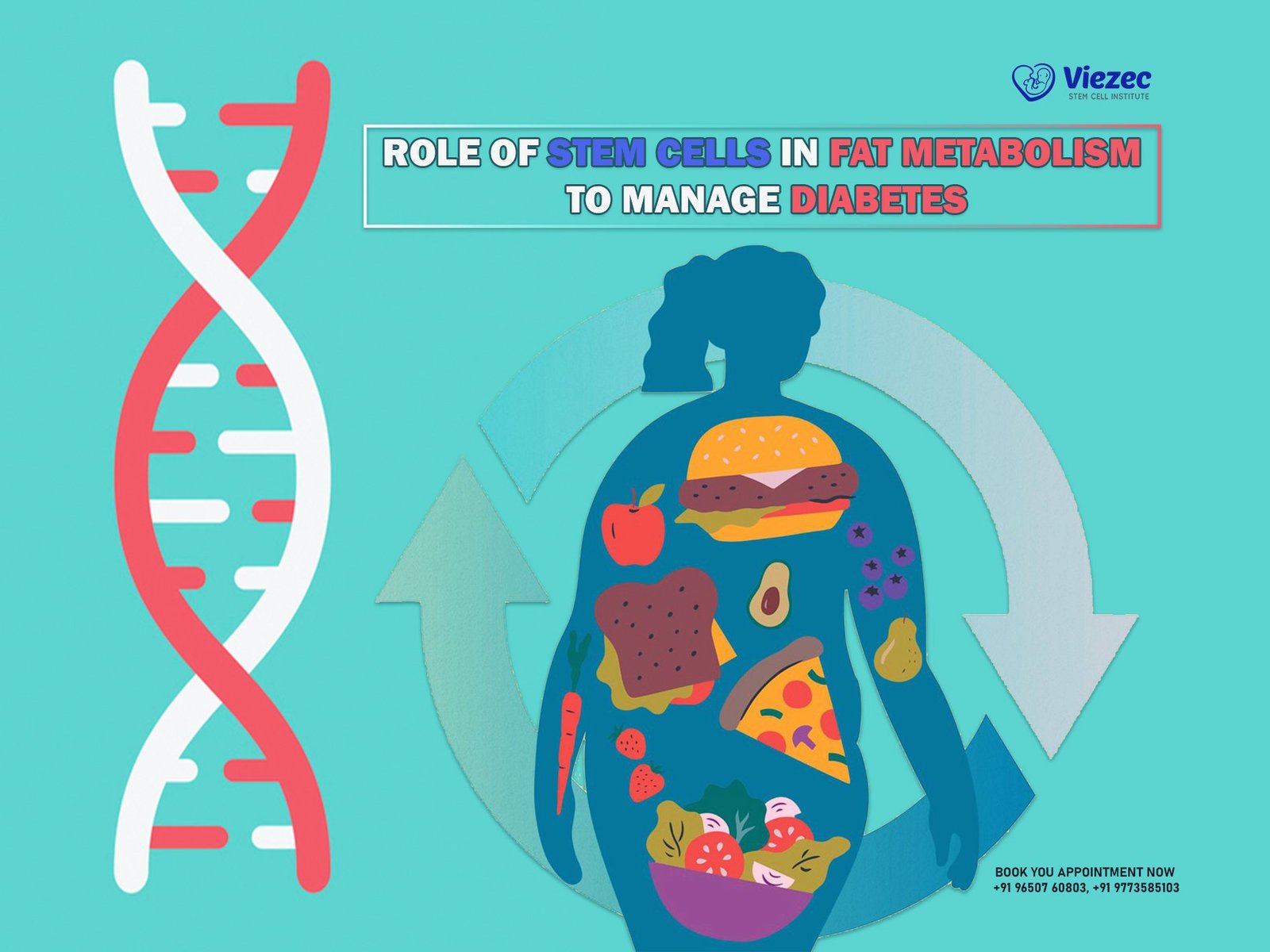KEY TAKEAWAYS
Hair loss is one of the most common yet distressing issues people face, and stress often plays a major role in making it worse. When you are under constant pressure, your body releases stress hormones like cortisol, which directly affect your hair growth cycle. Over time, this can lead to thinning, excessive shedding, or even patchy bald spots. Understanding the link between chronic stress and hair loss is crucial because it helps you take preventive steps early. In this article, we’ll break down the science, types of stress-related hair loss, symptoms, treatments, and lifestyle changes that can support healthy hair regrowth.
Understanding Chronic Stress and Hair Loss
Stress is a natural response of the body, but when it becomes chronic—lasting weeks or months—it can negatively impact almost every system, including your hair. Studies show that prolonged stress disrupts the hair growth cycle by pushing more follicles into the “resting” phase, which leads to increased shedding and thinning. This is why many people notice clumps of hair falling out during stressful life events such as exams, work pressure, or emotional trauma.
In simple terms, chronic stress and hair loss are deeply connected because stress hormones weaken hair follicle stem cells. Without strong follicles, hair struggles to grow back effectively. Recognizing this connection is the first step toward protecting your scalp health and preventing permanent damage.
How Stress Hormones Like Cortisol Impact Hair Follicles
When you experience prolonged stress, your body releases higher levels of cortisol—the primary stress hormone. While cortisol helps in short bursts during emergencies, chronic overproduction can harm your hair follicles. Research shows that cortisol disrupts the natural hair growth cycle by suppressing the signals that stimulate follicle stem cells. This means fewer new hairs are produced, and existing strands are more likely to shed prematurely.
Stress also reduces the production of essential growth factors like Gas6, which are necessary for keeping follicles active. Without these signals, hair roots enter the telogen phase (resting phase) earlier, leading to visible thinning. Over time, this hormonal imbalance not only causes stress-induced hair loss but can also slow down natural regrowth. That’s why managing cortisol levels through relaxation, proper sleep, and a balanced lifestyle is essential for healthy hair.
Common Types of Stress-Related Hair Loss: Telogen Effluvium & Alopecia Areata
Not all hair loss caused by stress looks the same. Two of the most common conditions linked to chronic stress and hair loss are telogen effluvium and alopecia areata.
Telogen Effluvium (TE):
This is one of the most frequent types of stress-related hair loss. In TE, excessive stress pushes a large number of hair follicles into the telogen (resting) phase. Within a few months, affected hairs start shedding in large amounts—often noticed as clumps in the shower or on your pillow. The good news is that TE is usually temporary, and hair growth often resumes once stress levels are reduced.
Alopecia Areata (AA):
Unlike TE, alopecia areata is an autoimmune condition where the body’s immune system attacks hair follicles, often triggered or worsened by severe stress. This leads to sudden, round bald patches on the scalp or other parts of the body. While it can be unpredictable, early treatment and stress management strategies can significantly improve outcomes.
Both of these conditions show how powerful the link between stress and hair loss can be. Recognizing the difference between telogen effluvium and alopecia areata is key to getting the right treatment and support.
Trichotillomania: The Compulsive Link Between Stress and Hair Pulling
Another way chronic stress can cause hair loss is through a condition known as trichotillomania. Unlike telogen effluvium or alopecia areata, this disorder is behavioral rather than biological. People with trichotillomania feel an irresistible urge to pull out their own hair, often from the scalp, eyebrows, or eyelashes. Stress, anxiety, or emotional tension usually act as triggers, making the compulsion worse during high-pressure situations.
Over time, this repeated hair pulling can cause noticeable bald patches and long-term scalp damage. Because it is both a psychological and physical issue, treatment often requires a combination of behavioral therapy, stress management, and sometimes medical intervention. Recognizing trichotillomania early can prevent further damage and help restore healthy hair growth.
How Sleep Deprivation Amplifies Stress-Related Hair Loss
Sleep and stress are deeply interconnected, and together they can take a heavy toll on your hair. When you don’t get enough rest, cortisol levels rise and stay elevated for longer periods, increasing the risk of stress-induced hair loss. Poor sleep also disrupts the natural repair cycle of your body, including the regeneration of hair follicle cells.
Studies suggest that sleep deprivation can worsen telogen effluvium by pushing more hair follicles into the shedding phase. It can also make alopecia areata flare-ups more severe by weakening immune balance. If you’re experiencing both stress and hair loss, improving your sleep routine—such as maintaining regular bedtime hours, reducing screen time before bed, and practicing relaxation techniques—can significantly improve scalp health and hair regrowth.
Signs Your Hair Loss Might Be Stress-Related (When to Seek Help)
Hair loss can have many causes, but certain signs point directly to stress as the trigger. If you notice sudden hair shedding a few months after a stressful event—such as a breakup, job loss, or illness—it may be telogen effluvium. Another clear indicator is the appearance of round bald patches, often linked to alopecia areata, which stress can worsen. In the case of trichotillomania, you might find yourself pulling out strands during moments of anxiety without realizing it.
If your hair loss continues for more than three months, is patchy, or causes emotional distress, it’s time to consult a dermatologist or trichologist. They can confirm whether stress-related hair loss is the root cause and recommend tailored treatments. Seeking professional help early improves the chances of full recovery.
Can Stress-Induced Hair Loss Be Reversed? Understanding Regrowth
The good news is that in most cases, stress-induced hair loss is temporary. With proper management of stress and lifestyle improvements, hair often regrows naturally within six to nine months. For example, telogen effluvium usually resolves once the stressor is removed, and follicles return to the growth phase.
In cases like alopecia areata, regrowth can be unpredictable, but medical treatments such as corticosteroid injections, topical therapies, and new biologic drugs can stimulate recovery. For trichotillomania, hair regrowth depends on stopping the compulsive pulling behavior. Supporting your body with balanced nutrition, good sleep, and stress-reduction techniques can speed up the recovery process.
The key takeaway: while stress-related hair loss can feel alarming, most people see positive results with the right care and patience.
Effective Stress-Reduction Strategies That May Protect Your Hair
While treatments can help, the most powerful way to combat stress-related hair loss is by addressing stress itself. By lowering cortisol levels and calming your nervous system, you create the ideal environment for your hair follicles to function normally again. Here are proven strategies that can protect your scalp health:
-
Mindfulness & Meditation: Daily breathing exercises or meditation can reduce anxiety and balance stress hormones.
-
Regular Exercise: Activities like yoga, walking, or swimming improve circulation to the scalp and lower cortisol.
-
Balanced Diet: Eating protein-rich foods, leafy greens, and omega-3 fatty acids strengthens hair and supports regrowth.
-
Adequate Sleep: A consistent 7–8 hour sleep routine helps repair hair follicle cells.
-
Professional Support: For severe stress or stress-induced hair loss, therapy and medical advice may be essential.
Incorporating these lifestyle habits not only reduces anxiety but also improves overall well-being, giving your hair the best chance to recover naturally.
Biological Advances & Research: What’s Next in Stress-Free Hair Growth
Science is uncovering exciting answers about the link between chronic stress and hair loss. Recent research from Harvard University revealed that high cortisol levels suppress the secretion of Gas6, a vital protein that activates hair follicle stem cells. Without Gas6, follicles remain dormant, leading to thinning and shedding. By restoring Gas6 activity, scientists believe it may be possible to promote consistent hair regrowth even under stress.
Other studies are exploring how stress hormones influence immune responses in conditions like alopecia areata. New biologic therapies aim to block these immune attacks, giving follicles a chance to recover. Stem cell–based treatments are also being tested to regenerate damaged hair roots and improve scalp health.
While these innovations are still under study, they offer hope for people suffering from stress-induced hair loss. In the near future, treatments could go beyond symptom control to actually reversing the biological damage caused by chronic stress.
The Role of Stem Cell Therapy in Stress-Related Hair Loss
Stem cell therapy is emerging as a promising solution for individuals struggling with stress-induced hair loss. Unlike traditional treatments that mainly address symptoms, stem cells target the root cause—damaged or inactive hair follicle cells. Research suggests that stem cells release powerful growth factors and signaling proteins that stimulate dormant follicles, repair scalp tissues, and restore the natural hair growth cycle disrupted by chronic stress.
In cases of telogen effluvium or alopecia areata, stem cell therapy may help by improving scalp circulation, reducing inflammation, and reactivating follicle stem cells suppressed by cortisol. Early clinical studies show encouraging results, with many patients experiencing noticeable hair density and thickness within months of treatment.
Although more large-scale studies are needed, stem cell therapy represents a cutting-edge, regenerative option for those seeking long-term solutions to chronic stress and hair loss. Combined with stress management strategies, it offers hope for natural, sustainable hair regrowth.
Lifestyle Tips to Prevent Chronic Stress-Driven Hair Loss
Prevention is always better than cure, and when it comes to stress-related hair loss, small lifestyle changes can make a big difference. By controlling stress before it overwhelms the body, you reduce the chances of triggering conditions like telogen effluvium or alopecia areata. Here are some simple yet effective tips:
-
Follow a Nutritious Diet: Include iron, zinc, biotin, and vitamin D for stronger hair follicles.
-
Stay Hydrated: Dehydration can worsen scalp dryness and hair breakage.
-
Set Boundaries at Work: Avoid burnout by balancing work and personal life.
-
Engage in Relaxing Activities: Reading, music, or spending time in nature lowers anxiety levels.
-
Avoid Harsh Hair Practices: Excessive styling, heat treatments, or chemical products can worsen hair shedding under stress.
These habits not only improve overall health but also build resilience against the damaging effects of chronic stress. By maintaining balance in your lifestyle, you can safeguard your scalp and enjoy healthier, stronger hair in the long run.
Frequently Asked Questions
Can stress really cause permanent hair loss?
In most cases, stress-related hair loss such as telogen effluvium is temporary and reversible once stress levels are reduced. However, prolonged or severe stress may worsen conditions like alopecia areata, which can sometimes lead to longer-lasting hair loss if untreated.
How long does it take for hair to grow back after stress?
Hair regrowth usually starts within 3 to 6 months once the stressor is managed. Full recovery can take 9 to 12 months depending on overall health, nutrition, and scalp condition.
What are the first signs of stress-induced hair loss?
Early signs include excessive shedding during showering or brushing, thinning around the crown or temples, or sudden bald patches. If hair fall continues for more than 3 months, it’s important to consult a dermatologist.
Does lack of sleep cause hair loss?
Yes, sleep deprivation raises cortisol levels and reduces the body’s ability to repair hair follicle cells. Over time, this can contribute to stress-induced hair loss and slower regrowth.
Can stem cell therapy help with stress-related hair loss?
Yes. Stem cell therapy is a regenerative treatment that repairs damaged follicles, stimulates dormant cells, and improves scalp circulation. It offers long-term benefits for people dealing with chronic stress and hair loss, though results vary by individual.
What is the best way to stop hair loss from stress?
The most effective approach is a combination of stress management (meditation, exercise, good sleep) and medical treatments such as topical solutions, nutritional support, or advanced therapies like stem cells. Consistency is key to seeing results.













